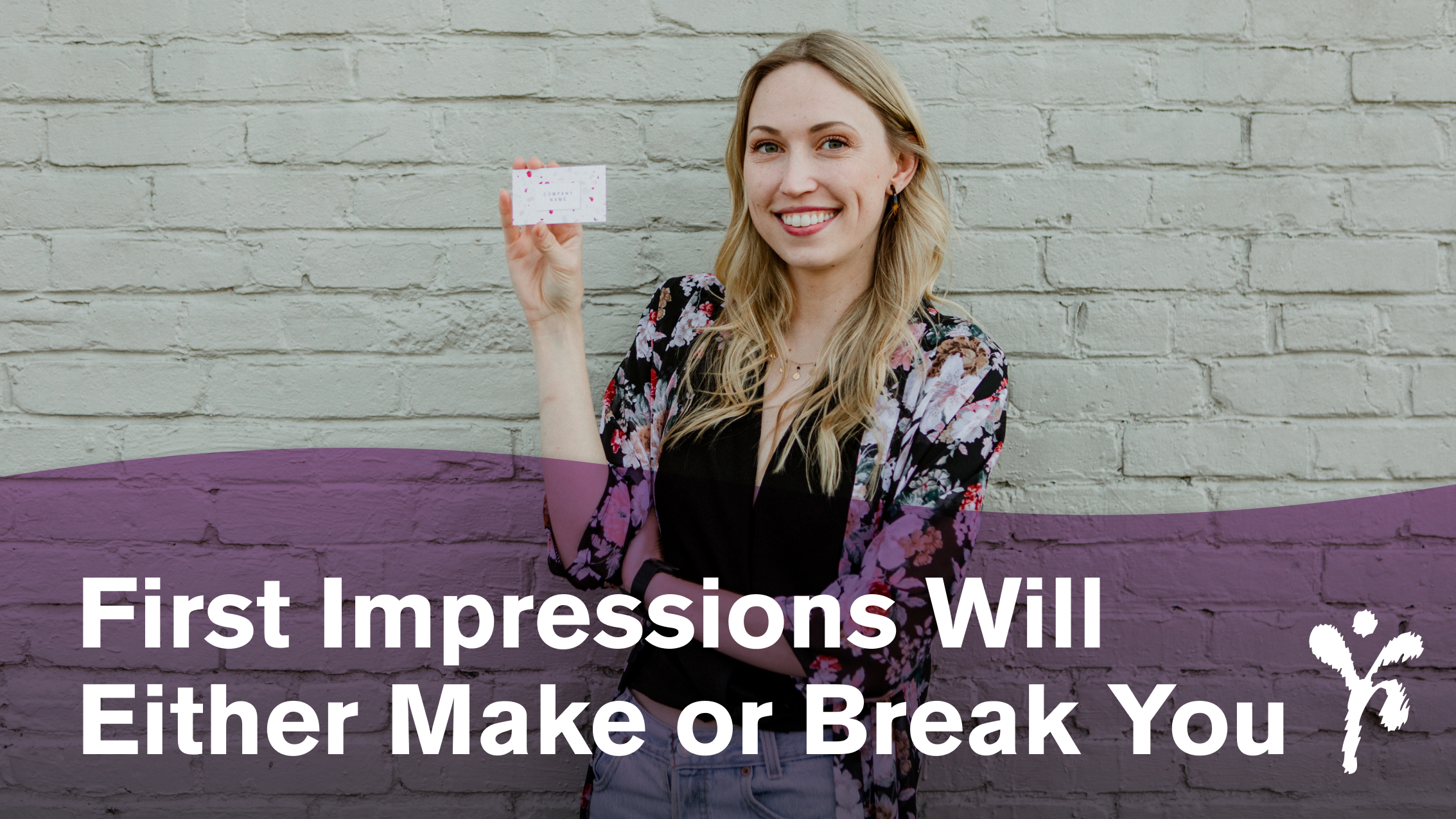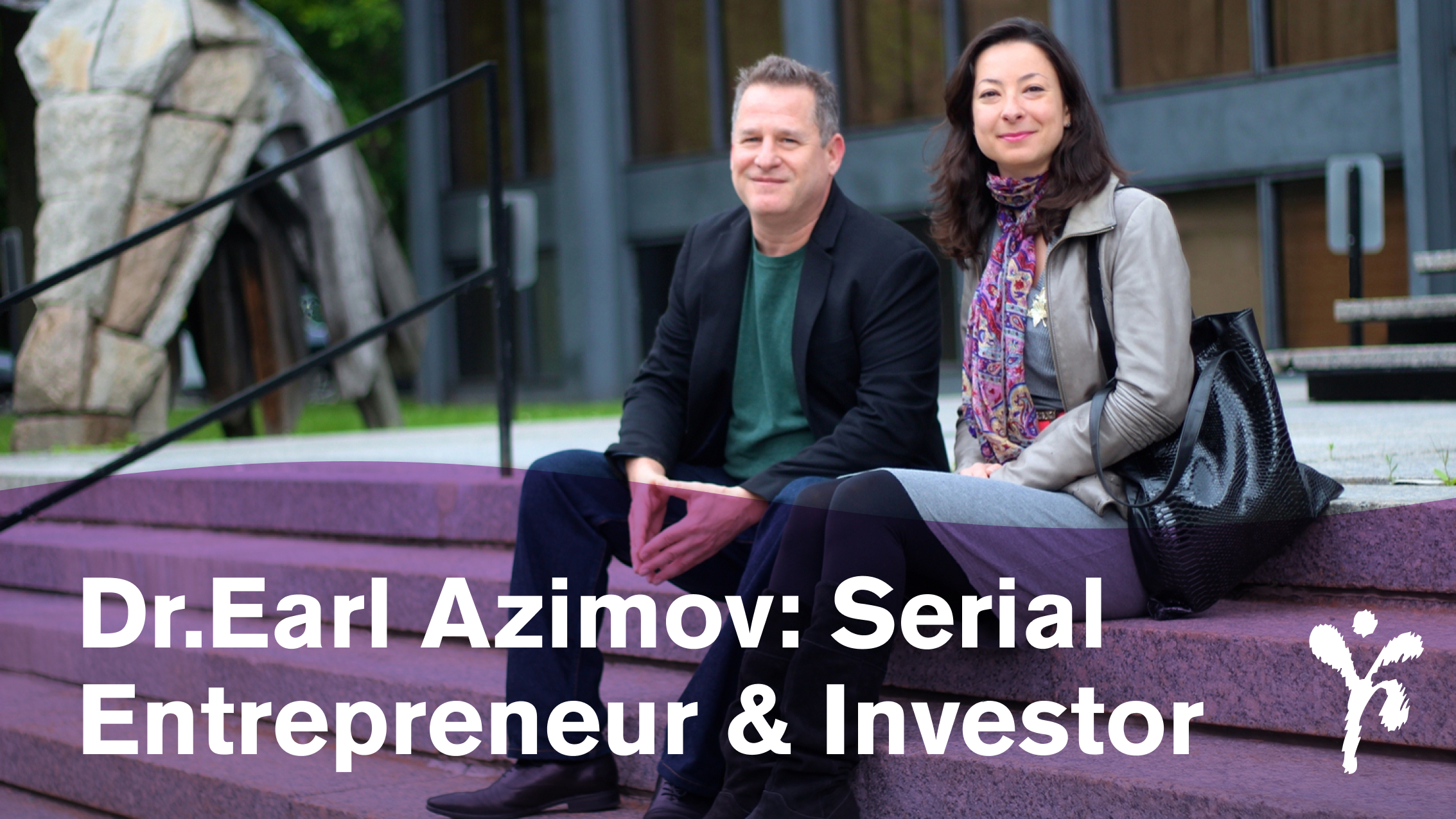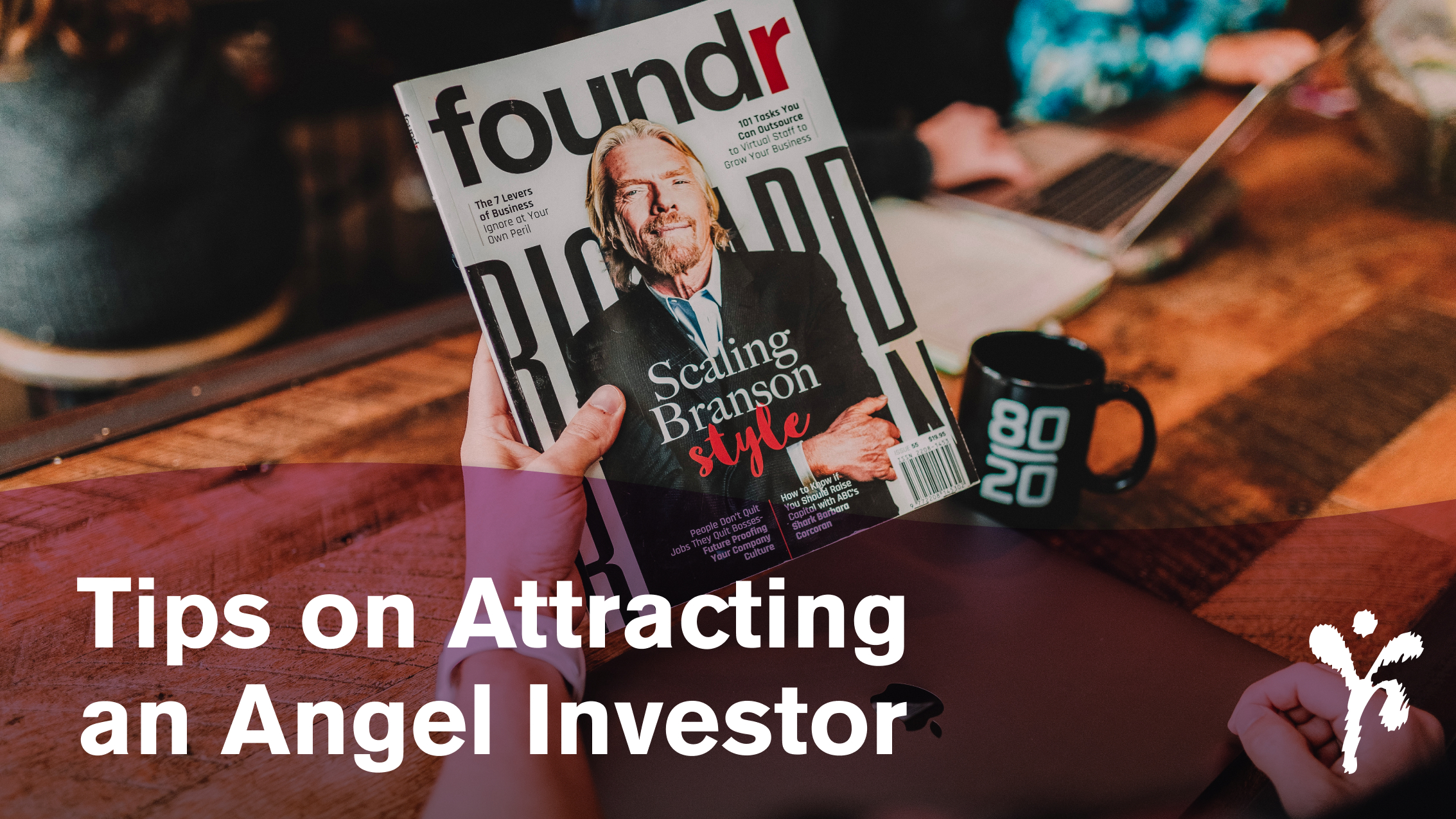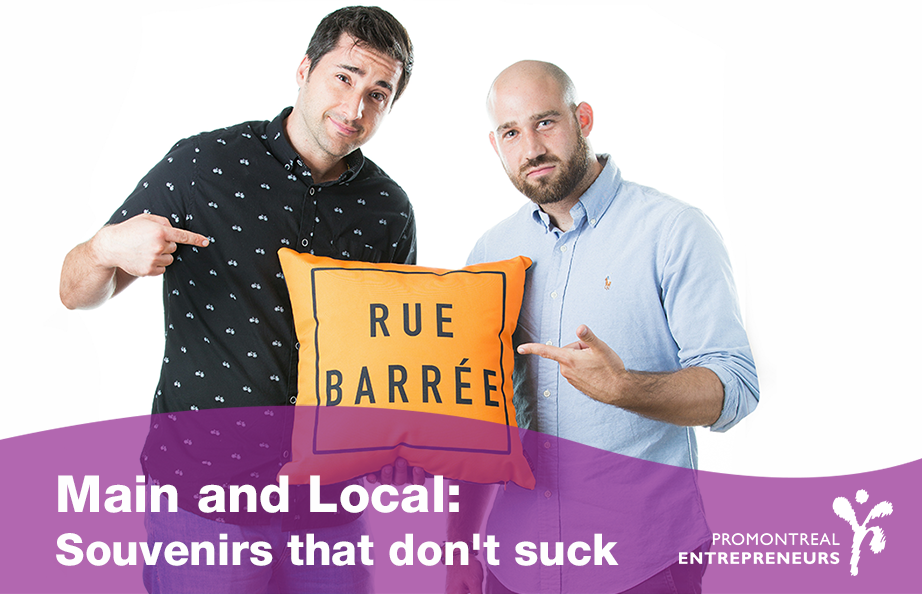Securing early funding is critical to a company’s long-term success. As a result, there is a lot of pressure when seeking investors and participating in fundraising rounds. Company leaders must ensure they are completely prepared. For this reason, first impressions are crucial to the success of your business. Creating a good first impression all comes down to one thing: PREPARATION. Founders who think they can bluff their way past anything and can always “wing it”, are setting themselves up for a loss and a missed opportunity. Every opportunity that comes your way is crucial because you might not get an opportunity like it again. You need to give 150% in everything you do.
Be Prepared
No matter how amazing your start-up is or how incredibly faring it is financially-speaking, the fundraising pitch has to be: polished, rehearsed and factually on point. Investors will quickly lose interest if they feel they are dealing with a leadership team that doesn’t understand the market or the most critical business metrics. You need to show up prepared and have practiced your pitch to the point where you can recite it in your sleep.
Not only should you prepare for your pitch but you need to prepare for your audience and anticipate any questions that is going to be thrown your way. This comes down to knowing every detail that matters about your business. Being unable to answer even just one question will give the impression you are not prepared. So be ready for anything. Bluffing your way through it takes a lot of preparation, it is something you will not be able to do. Investors will see right through your bluff. Of course, making the pitch too over the top, especially if the numbers are not quite there will likely make it clear that you are trying to substitute flare for substance. To establish a long lasting investment relationship, being transparent, realistic, and concise will go a long way.
TIP: Send Preview Information Beforehand
It is a good idea that you send a sneak preview of your pitch before your meeting. Any teaser information should be sent just a few days before the big presentation. It is best to keep this preview short, including just a few snippets about some of the key data. Do not reveal too much, but you want to ensure that the information sent proves promising so that it piques the investors interest.
Differentiate From What’s out there
In general, investors want to be involved with companies that are innovative. This uniqueness can be product-related, clientele-related, or perhaps related to the way the company handles its operations. In order to do that you need to show how your business differentiates from anything else out there. You need to highlight your uniqueness, your unfair advantage that will have investors interested in your business. The key is to demonstrate your company’s singularity and how that translates to handsome returns down the road. This is where companies can get really creative with the pitch, and hopefully share their story in a way that entices those listening.
TIP: Cover all the key points:
● The problem that you’re solving
● Describe your customer
● Market Size (Problem? How big is it? )
● Why are you best suited to address this?
● Be passionate about the problem you are addressing
● Your solution, why is it 10x better than the state-of-the-art?
● Distribution strategy?
● Monetization strategy
● Current stage
● Competition
● How will you get to the next stage?
● What will it take to get to 10x from that point on?
This may sound like a LONG list, but it is all the important points to articulate in a short presentation and when you are clear in your flow, it can happen in under 10 minutes.
You might have an amazing product but it is how you communicate it and execute it that will sell your product. Just because you have a great product does not mean it will get you anywhere. It’s all about the first impressions you make. It all comes down to how prepared you are and how you differentiate from everyone else. Being prepared will give you the confidence you need to surmount any presentation you give. Exuding confidence is crucial because it will completely change how your audience perceives you. Your body language will change as will the way you deliver the presentation.
The image you first present usually lasts longer and has more impact than any document you will prepare. Many of these are common sense but I’ve rarely met an entrepreneur who does this well . The fact of the matter is, you only get one chance to make a first impression so do it right!



 Dr. Earl Azimov, a man with many talents: ranking tennis player, optometrist, serial entrepreneur, investor and the list goes on. Since 2003, we are lucky to have him as an advisor and board member on the PME committee. He has successfully started multiple companies one of them being Mamma.com. One of the very first search engines made available even before Google. Currently he is the co-founder of
Dr. Earl Azimov, a man with many talents: ranking tennis player, optometrist, serial entrepreneur, investor and the list goes on. Since 2003, we are lucky to have him as an advisor and board member on the PME committee. He has successfully started multiple companies one of them being Mamma.com. One of the very first search engines made available even before Google. Currently he is the co-founder of  At each stage of its life cycle, a startup needs funding. No matter how great the idea is, its implementation requires certain resources, both financial and material. Thus, each startup gets to thinking how and where they can attract such resources. So, let’s see what startups need and what they can do to get it.
At each stage of its life cycle, a startup needs funding. No matter how great the idea is, its implementation requires certain resources, both financial and material. Thus, each startup gets to thinking how and where they can attract such resources. So, let’s see what startups need and what they can do to get it.

 Either you have been racking your brain for weeks trying to come up with a business idea or a struck of genius just came to you. Regardless of how it came to you, you believe that this is the business idea that is going to make you an entrepreneur! Great, now what? You are probably very excited to get the ball rolling and you have so many different thoughts going through your mind. It becomes little overwhelming as you don’t know where to start or how to start. How do you start taking action in order to create your dream into a reality? Here’s how! Read carefully as we will give you some guidelines that will help push you in the right direction.
Either you have been racking your brain for weeks trying to come up with a business idea or a struck of genius just came to you. Regardless of how it came to you, you believe that this is the business idea that is going to make you an entrepreneur! Great, now what? You are probably very excited to get the ball rolling and you have so many different thoughts going through your mind. It becomes little overwhelming as you don’t know where to start or how to start. How do you start taking action in order to create your dream into a reality? Here’s how! Read carefully as we will give you some guidelines that will help push you in the right direction.
 If you have ever been on vacation, you will notice that most souvenirs available are all the exact same generic product. Not something you would want to bring home to your friends and family. A PME funded business,
If you have ever been on vacation, you will notice that most souvenirs available are all the exact same generic product. Not something you would want to bring home to your friends and family. A PME funded business,